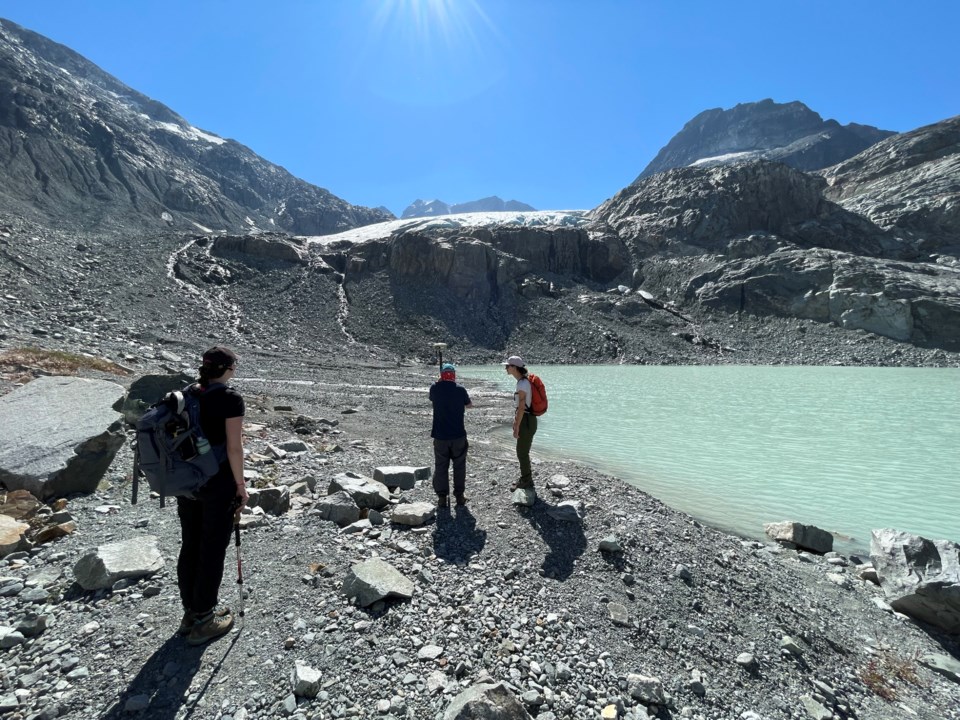The recent article about the unrelenting thaw of our local Wedgemount Glacier chilled my soul (Pique, Sept 15).
Reading that 700 metres of ice have vanished in a mere 50 years, I shared an image of the column with a friend. A person whose beliefs align with climate skepticism.
I received a nonchalant response. “Ice comes and goes. How much snow, how much rain, how many cloudy days and all that. Things change all the time. And why is a smaller glacier a bad thing? More liquid water and ground exposure can only be good for life on Earth, no?”
This unconcerned observation transported me to a vivid childhood memory. Two children playing on a see-saw. Immersed in gleeful giggles, they rise and fall in a harmonious balance under dappled sunlight through leaves.
Suddenly, one cheeky child with a mischievous glint abandons their seat, causing the other to come crashing down. Landing with a painful bump, the unfortunate child clasps their buttocks and rolls away in pain.
Drawing a parallel, the glaciers of our planet have undergone periods of serene growth and gradual retreat. The most recent cycle terminated in a leisurely 8,000 years.
The present cycle starkly deviates, condensing the timeline of glacial termination to a mere 200 years. It’s a shift as swift and impactful as the child’s unanticipated fall from the see-saw.
The rapid demise of our glaciers forewarns of impending global repercussions: vanishing snow, depleting freshwater, rising sea levels, disruption of ecosystems, food insecurity, and the onset of catastrophic wildfires.
The urgency to foster meaningful dialogues, forge sustainable lifestyles, and safeguard ecological balance is more imperative than ever.
As we venture into this era of environmental precariousness, we must be honest about what we need to do. We must end our addiction to fossils.
Fossil gas that heats our homes. Fossil planes that fuel our tourist economy. Fossil plastic we often use once before discarding. Fossil vehicles, some of which we use for discretionary travel, while others we currently depend on for food production and delivery.
Just as our glaciers are changing, big changes are coming for our society. It is our collective duty to fortify our commitment to nature’s preservation and avert our descent into a future shadowed by irreversible and ominous consequences.




